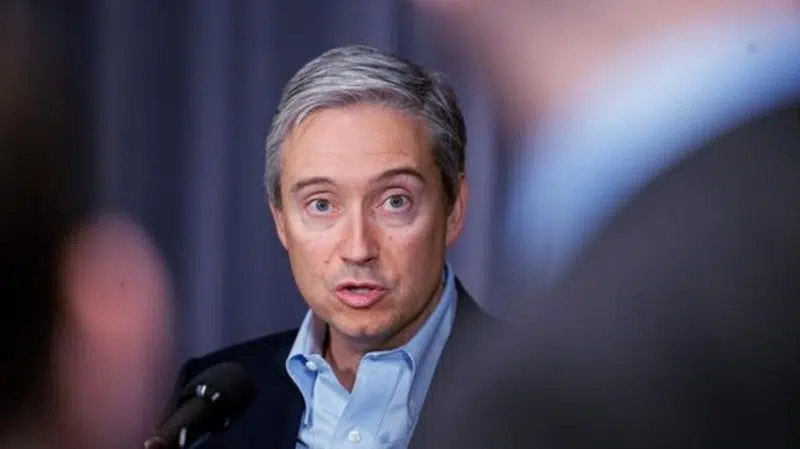
China, Russia under pressure from Myanmar Rohingya genocide ruling: Bob Rae
OTTAWA — China and Russia face pressure to prevent genocide in Myanmar after Thursday’s decision by an international court called on the South Asian country to stop the killing, says Canada’s special envoy to the crisis.
The unanimous decision by the International Court of Justice is a strong signal to Russia and China, which have blocked the United Nations Security Council from referring the violence to the International Criminal Court, said Bob Rae, who the Liberal government tapped to take part in diplomatic efforts to address the deadly crisis.
Rae and Foreign Affairs Minister Francois-Philippe Champagne both urged Myanmar to fully comply with the ruling from The Hague-based court, which demanded it protect its minority Muslim Rohingya population from genocide.
Champagne said Canada will work with its allies to keep the pressure on Myanmar.
